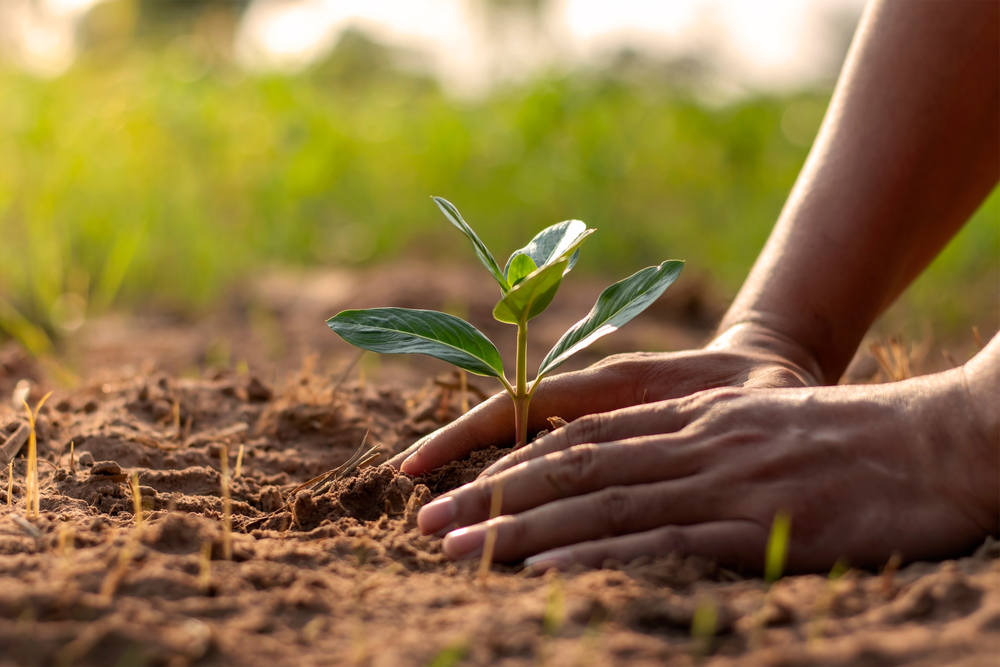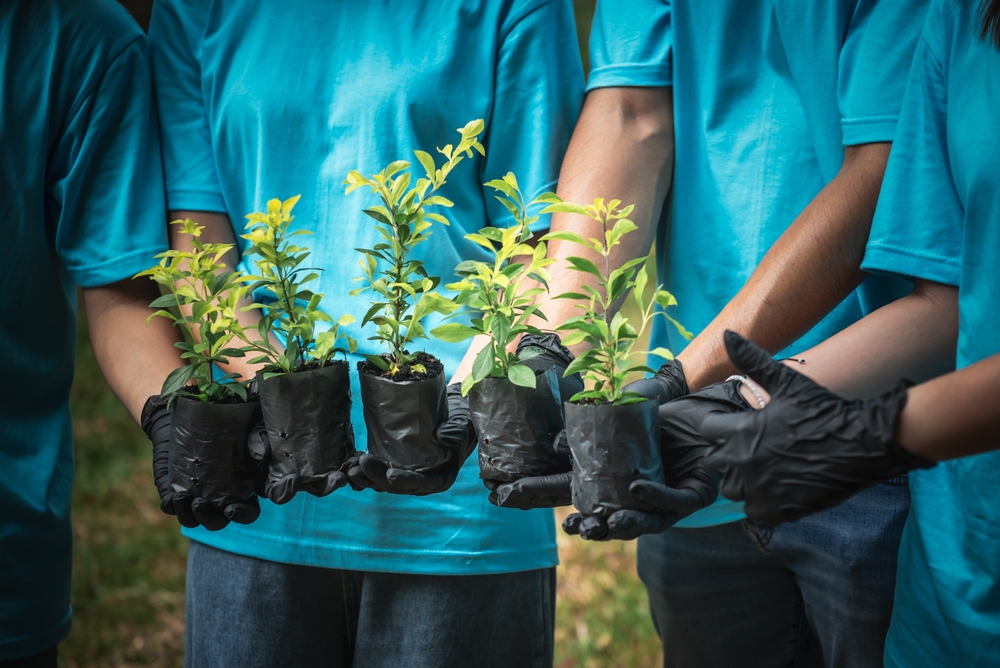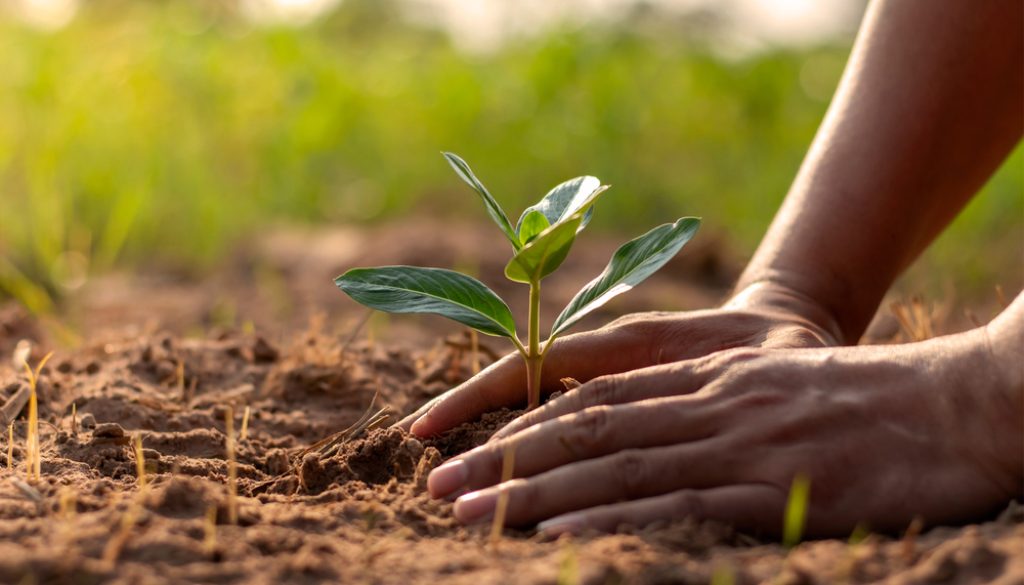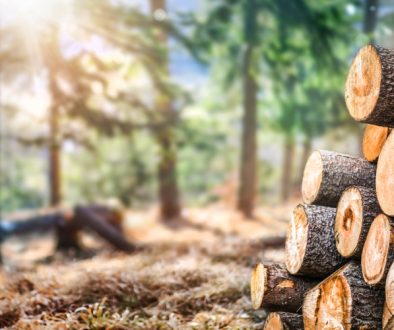Saving Our Forests: 7 Urgent Reasons to Rethink Plant-A-Tree Campaigns

Saving Our Forests: 7 Urgent Reasons to Rethink Tree Planting Campaigns
Have you ever come across a website proudly sporting a button that says, “Click here to plant a tree in the Amazon Rainforest”? Perhaps you’ve encountered the same call to action while waiting in line at a grocery store or even made a purchase from a business promising a tree planted for every sale.
In this era of heightened environmental awareness, these tree planting initiatives have become symbolic gestures toward a greener future. Yet, within this seemingly virtuous act lies a complexity that goes far beyond the surface.
Contrary to the widespread belief, the act of planting more trees doesn’t always translate to a healthier environment. In fact, tree planting initiatives, though undeniably important, demand a deeper understanding and a holistic approach.
In this blog, we will delve into the intricacies involved that everyone should be aware of before supporting the next tree planting initiative that comes their way.
Digging Deeper: The Intricacies of Tree Planting

Often, when you click an online ‘plant a tree’ button, your well-intentioned action could inadvertently contribute to monoculture tree plantations sprayed heavily with chemicals, as revealed by Yale’s School of Environment magazine Yale Environment 360 and Nature.
Disturbingly, a significant portion of promised new forests, approximately 45%, materialize as monoculture plantations of fast-growing trees, destined to be harvested for paper production.
Yale’s School of Environment, the New York Times, and many environmental NGOs are uncovering the growing concerns that the reforestation trends we are seeing in the 21st century are being used as a cover to further degrade our environment.
But, what exactly are monoculture plantations, and why are they detrimental to our environment?

Monoculture tree plantations usually consist of a single tree species, according to Science Direct. Monoculture tree plantations are harmful to the environment for several reasons.
- Exotic tree species used: Monoculture plantations often introduce exotic tree species to an area, which are non-native to the region and disrupt the ecosystem. While these exotic species might offer higher commercial value, they lead to a severe reduction in local biodiversity.
Non-indigenous trees often outcompete native flora, according to an MDPI study on the impact of invasive tree species on forests. - Loss of biodiversity: The immense loss of habitat caused by planting a single tree species across vast areas results in significant declines in biodiversity, specifically loss of habitat for native plants, animals, insects, and microorganisms.
A study conducted in the Amazon Rainforest, highlighted by Mongabay, revealed a staggering truth: the transformation of natural forests into tree plantations led to a loss of 25% of species in those once-biodiverse areas.
Diverse ecosystems provide resilience against diseases, pests, and environmental changes. Monoculture plantations disrupt this natural balance, therefore making entire ecosystems vulnerable to attack. - Soil degradation: Monoculture plantations deplete the soil of specific nutrients, leading to degradation, reduced fertility, and diminished support for diverse plant life. The EU Research & Innovation Magazine Horizon highlighted this issue in a 2021 article.
According to the EU, growing the same crop annually reduces the availability of nutrients found in natural forests. Chemicals are often used to compensate, further disrupting the natural ecosystem and polluting nearby bodies of water. Compacted soil in monoculture plantations also hampers water infiltration, leading to increased surface runoff and soil erosion. - Increased chemical usage: Lacking biodiversity, monoculture plantations are much more susceptible to pest infestations and diseases, leading to heavy pesticide and herbicide use. These chemicals are not only harmful to local wildlife but can also seep into nearby bodies of water, polluting aquatic ecosystems and affecting clean water drinking access to human populations, according to EOS Data Analytics.
- Water depletion: Monoculture plantations consume vast amounts of water, stressing local water resources. In contrast, native vegetation is adapted to local climates and often uses water more efficiently. Planting water-intensive non-native species exacerbates water scarcity, impacting both human communities and natural habitats.
Furthermore, The University of Birmingham found that monoculture tree plantations that have replaced wetlands are associated with higher frequency and severity of both droughts and flooding, as well as deteriorated water quality. - Displacement of indigenous communities: In many cases, monoculture plantations lead to the displacement of indigenous communities and local farmers who rely on diverse forests for their livelihoods, according to the Global Forest Coalition.
Clearing land for these large-scale plantations often results in the loss of ancestral territories, cultural disruption, and socioeconomic challenges for these communities. The displacement perpetuates a cycle of environmental and social injustice.
One example highlighted by the Global Forest Coalition is from Nepal, where in 1985 the government removed indigenous people from their land in the name of conservation (i.e., creating monoculture tree plantations). - Impact on climate change: While trees absorb carbon dioxide, monoculture plantations lack the diversity to effectively store carbon at the same rates as natural forests, according to an article by Carbon Trade Watch. While natural forests are able to lock in carbon and therefore act as carbon storehouses, monoculture tree plantations do not stand long enough to act in the same way.
Additionally, the clearing of natural habitats to make way for plantations releases significant amounts of stored carbon back into the atmosphere, which completely undermines the goal of reducing carbon emissions, according to a statement by the Global Forest Coalition titled, “Monoculture Tree Plantations Are Not Forests!”
Promoting Sustainable Initiatives: Beyond Clicks and Transactions

Acknowledging the dangers posed by monoculture tree plantations, it’s crucial to act:
- Join advocacy groups: Support organizations like the Global Forest Coalition or the World Rainforest Movement, which actively fight against monoculture tree plantations.
- Spread awareness: Engage in campaigns and petitions against monoculture tree plantations. Your voice matters; use social media to amplify the message.
- Engage with local representatives: Speak to your local representatives about your concerns about monoculture tree plantations. The more people who advocate against these plantations, the more impactful the campaigns will be.
Next time you encounter a “Plant a tree” call to action, remember that not all tree planting initiatives are equal. Some lead to less natural forests and more monoculture tree plantations. Stay informed, act responsibly, and advocate for truly sustainable solutions.

- 5 Easy Ways to Transform Your Outdoor Space with Cumaru Deck Tiles

- 5 Reasons Why Thermally Modified Woods Are the Next Big Thing

- Tropical Hardwoods vs Composite Decks

- PVC vs Composite Decking: Which is the Better Choice for Your Project?

- Renting? Upgrade Your Outdoor Space With DIY Deck Tiles





